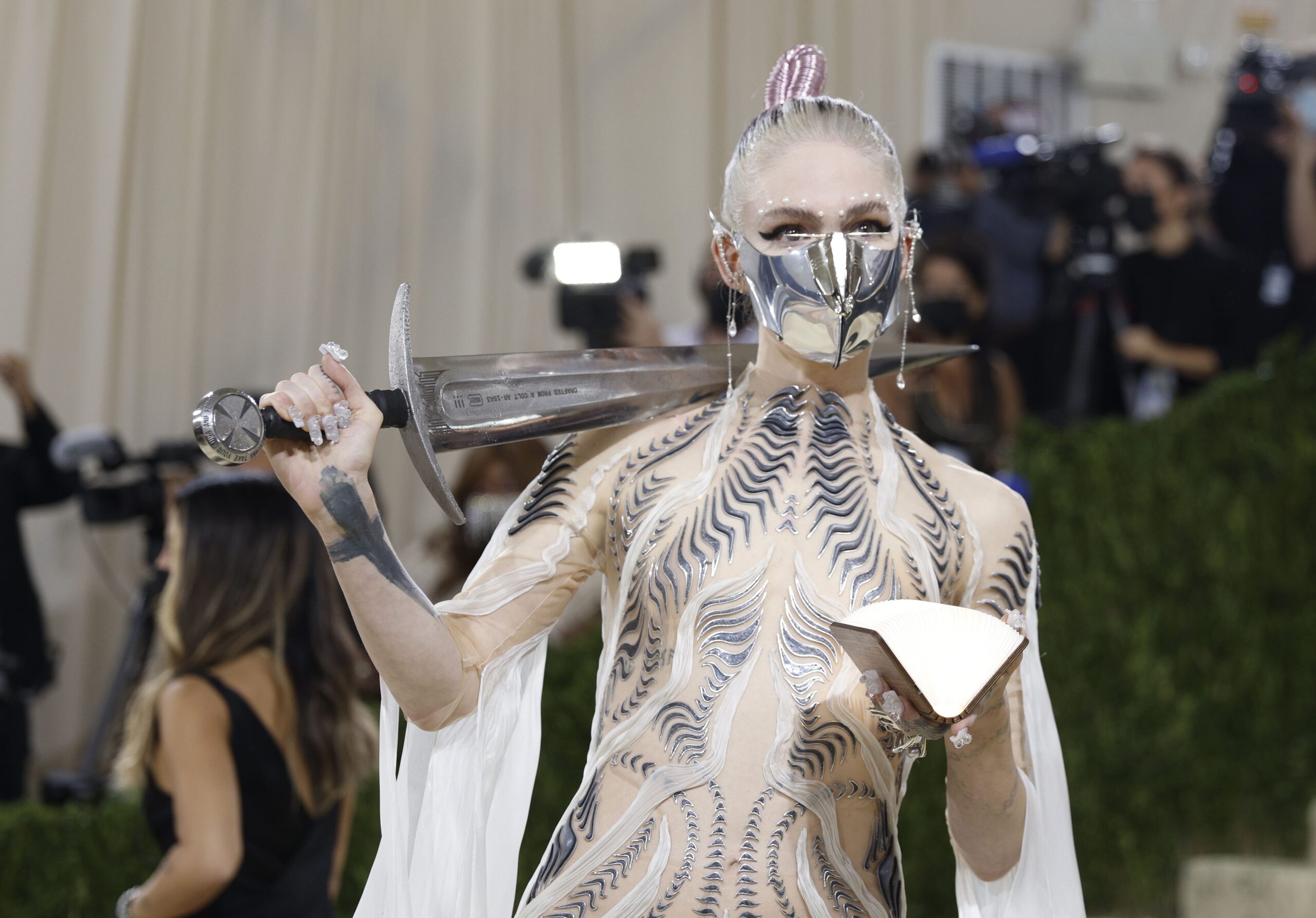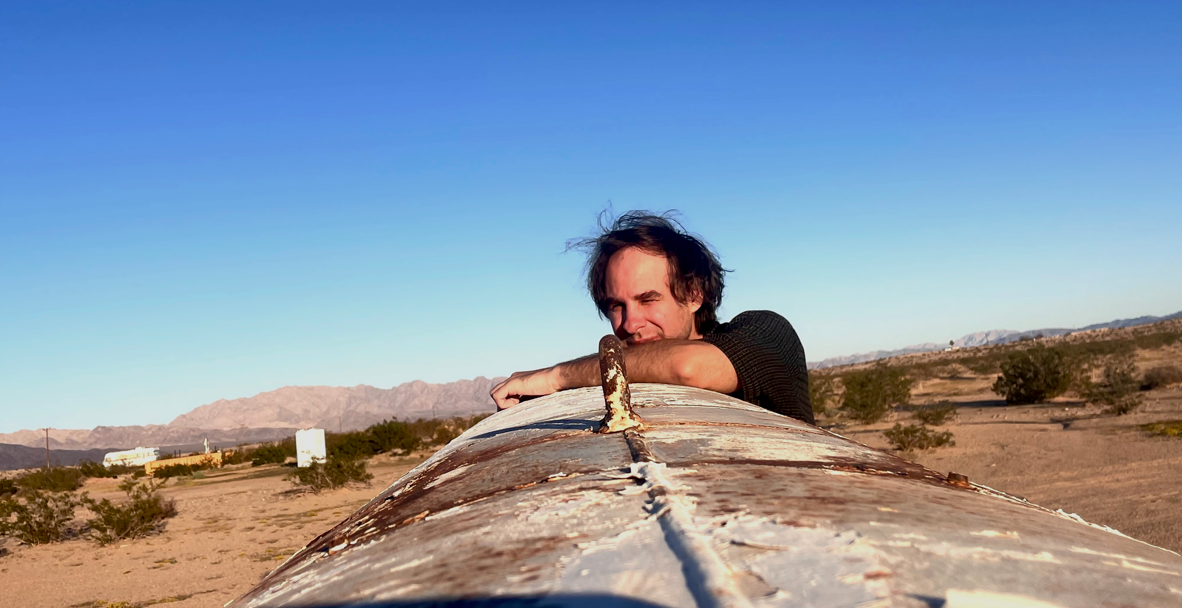
Grimes
By: JUSTIN LANE/EPA-EFE/Shutterstock
In a recent TikTok, electronic-alternative musician Grimes — who happens to be dating Elon Musk, one of the world’s richest men — attempted to pitch artificial intelligence as “the fastest path to communism.”
“I have a proposition for the communists. So, typically, most of the communists I know are not big fans of AI But, if you think about it, AI is actually the fastest path to communism,” she began. “So, if implemented correctly, AI could actually, theoretically solve for abundance. Like, we could totally get to a situation where nobody has to work. Everybody is provided for with a comparable state of being, comfortable living. AI could automate all the farming, weed out systematic corruption, thereby bringing us as close as possible to genuine equality. So basically, everything everybody loves about communism but without the collective farm — ’cause, let’s be real, enforced farming is really not a vibe.”
Grimes’ argument rubbed many the wrong way. Many viewers took issue with her understanding of communism. Typically, at least under the kind of communism conceptualized by Karl Marx, people are still expected to work based on their own abilities, while Grimes seems to be proposing a world where robots roll around doing labor for everyone. The difference: Under a communist system, workers have the rights, not their billionaire bosses.
But mostly, people took issue with the hypocrisy of the girlfriend of one of the richest people in the world advocating for communism.
“Just to be clear here the girlfriend of a billionaire who is currently vying for the most wealth ever amassed in history is arguing that AI will somehow bring us Communism, thereby forcing her bf to share his wealth with the rest of us? Like, couldn’t he just do that whenever?” wrote one Twitter user.
Indeed, Elon Musk and Grimes seem to share a desire to do good for the world in some abstract sense, but those ideas of good usually just translate to making more money for Musk himself. Take Musk’s plan to colonize Mars. While he has framed putting humans on Mars as a way of ensuring humanity’s future, in all likelihood, the only people who would make it to Mars are the super-rich who could flee Earth, leaving the rest of the world to burn, thanks to crises the super-rich could have stopped but failed to because they were too busy colonizing Mars and rushing the development of AIs.
“Just like her partner Elon Musk, Grimes seems to want to save humanity from itself, via grand, poorly thought-out ideas that involve little more than sitting back, and letting the billionaires take care of it,” wrote Dani Di Placido for Forbes.
yea but grimes we’ve automated so much already & still have to work the same amount, often more, for abt 150 yrs now. so unless some radical social change happens ppl like your bf will keep pocketing 99% of automation benefits & multiply his billions while the rest works for shithttps://twitter.com/olivialittle/status/1400286746202546183u00a0u2026— Bes D. Marx (@Bes D. Marx) 1622741371
“Grimes isn’t wrong about the potential of AI, but when that kind of technology is owned and controlled by people like her shit ass husband, it will inevitably be used for the purposes of hyperexploitation,” wrote another Twitter user. “She’s willfully ignorant of that for obvious reasons.” While Grimes and Musk aren’t married, they do share a child together — the aptly named X Æ A-12, who may or may not be the antichrist.
While Grimes’s argument definitely misses the mark, it does raise some questions. Could AI actually help combat inequality? Is there a world where AI could be designed to promote equity among all humans rather than fortifying and exacerbating existing wealth disparities?
After all, studies have shown that algorithms are actually making economic inequality worse. That’s not to say it has to — if AI were designed by a diverse and socially inclusive group of developers who are determined to write code that includes ethics and inclusivity, everything could be different.
There are also frameworks wherein AI could be developed to combat social inequalities and predict global problems such as natural disasters. It could also be designed to augment factory jobs, multiplying factory workers’ power while reducing the challenges of blue collar work.
None of these frameworks involve totally eradicating labor, though; and seeing as we can’t even get student debt canceled, it’s unlikely that our political systems would ever permit Grimes’s utopian visions of a world where everyone lives comfortably without working. But even if such a thing was theoretically possible — even if AI could “weed out systematic corruption” — the fact is, we already know that if people like Elon Musk were in charge, billionaires would never relinquish their wealth to help others.
As of right now, AI is on track to exponentially increase inequality as it devours factory and technical jobs, concentrating wealth into the hands of the tech behemoths who create and manage it. Elon Musk seems poised to be one of the wealthy few who would probably benefit from AI — he’s already the owner of an AI brain chip company called Neuralink — which is perhaps the root of why Grimes’s statement was so blindly ignorant.
It is vitally important, perhaps one of the most important tasks humanity faces at the moment, to imagine ways that AI could help us rather than harm us in the long run. As AI gains more power and as we trust it with handling financial, economic, and political decisions, what we do now will forever affect us far into the future.













